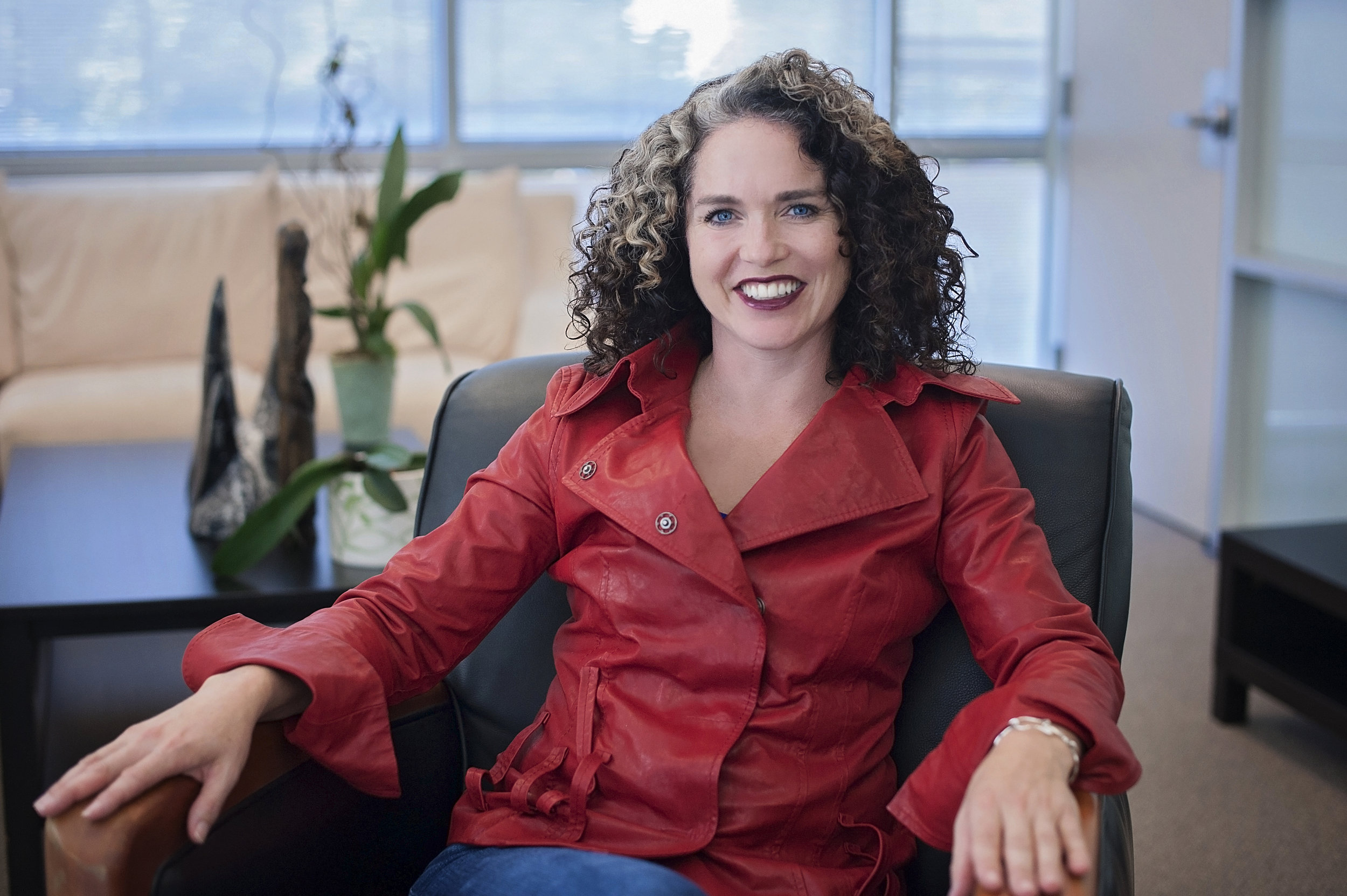USING AI TO HELP COMPANIES GET MORE DIVERSE
Ilit Raz, CEO, of Joonko, is working to remove unconscious bias from hiring, so that companies can create inclusive workplaces. Her product, Joonko, offers real-time and company-wide diversity coaching using artificial intelligence. We talked with Raz about the future of AI and diversity inclusion.
Was there a moment when creating Joonko became necessary for you?
To be honest, I was quite uninvolved in diversity issues until I became a part of XX+UX in Israel. XX+UX is a community of women in user experience who try to build a space that fosters diversity. I didn’t realize how big the issues around diversity were and by being a part of the group I began to learn about these issues and become involved in them.
How is AI now (or in the near future) changing applicants’ behavior and how they apply. In other words, how soon will applicants catch on to the tricks to gaming the system?
If people were smart enough to leverage AI on their behalf, things would be different. I think people are scared because they imagine that they’re going to be replaced. People should be working to make AI as human as possible, quicker, and more efficient, but we can’t use AI if it’s biased. We can’t be afraid of it.
What percentage of the services Joonko offers amount to processing large quantities of data faster and more objectively than people could?
We worked with a large amount of data from a consulting firm company collected over a year. We processed it in less than 24hours. With that much data it would be impossible for a person to go through that much information so quickly and efficiently.
We’ve analyzed more than 570,000 candidates and employee records to identify and remove unconscious bias in different companies, including a NASDAQ listed company with 7000 employees, a London Exchange company with offices in US, APAC and EMEA, and a tech company with +100m monthly users. We’ve been working with 15+ companies.
We work to process data in real time, to catch an event, make corrective actions as it’s happening. Right now we work with certain demographics such as gender and race, but we hope to be adding age in 2018 and creating a benchmark within the AI community.
What do you think about the Pledge for Parity?
I think the Pledge for Parity is a good stake in the right direction. I guess what I’m most scared of is that people will sign the pledge and then do nothing further than that. The pledge is important, but charity needs to start at home within the local community, within the company. Employees need to feel like they’re included and that they are at home.
What’s your biggest accomplishment so far with Joonko?
The first huge success came after we worked with a company and saw a 170% improvement in the number of women and minority candidates who applied and stayed in the pipeline, in less than two weeks. Two weeks after a company started, two recruiters received engagements with insights on how to improve the number of women applying to their positions. After only 14 working days, we see a total improvement of 42.8% and 172.2%. That’s when it was clear that we were actually making a change.
Brianna Alston is an intern with Women2.0.










